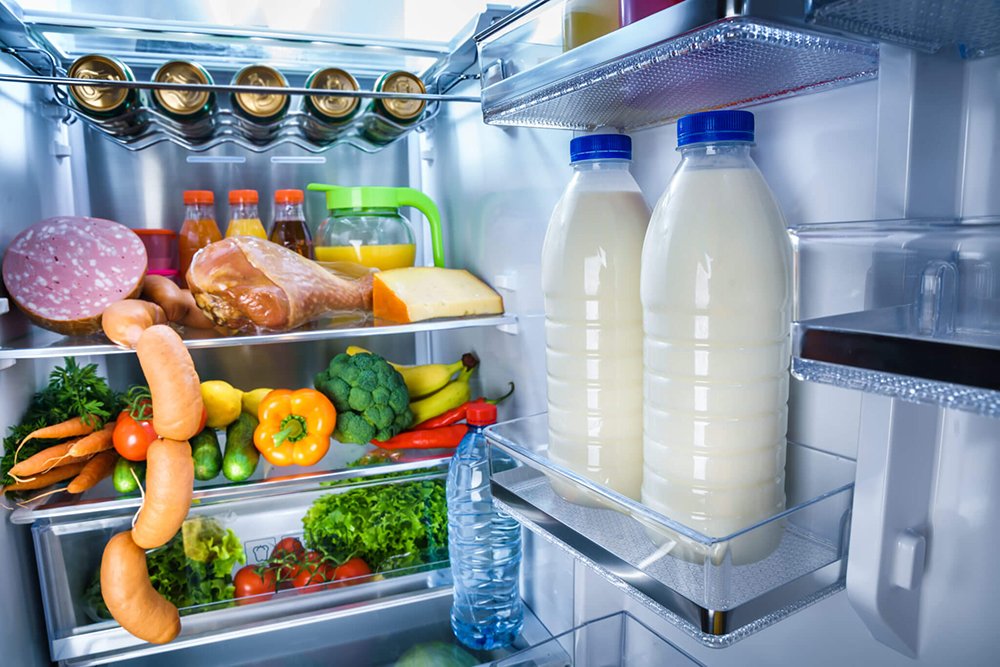
Refrigeration will dramatically inhibit the expansion of harmful bacteria on many kinds of prepared and cooked foods. it’s always advised to refrigerate foods at a temperature between 35 and 38 degrees Fahrenheit (between 1 °C and 3 °C). While refrigeration can decrease spoilage on many different kinds of foods, it isn’t recommended for every edible item within the kitchen.
Colder temperatures can change the texture and taste of the various foods, and sometimes even the nutritional value. the next information describes 20 foods you need to not put within the fridge and thus the explanations why they’re best overlooked at temperature.
Open next page to continue reading about 20 foods that should never be placed in the refrigerator…
Eggs
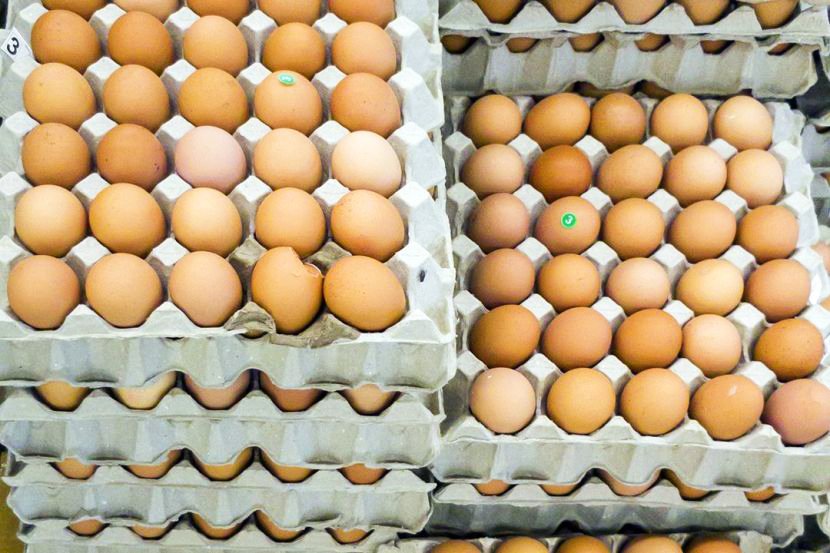
Eggs are usually kept at RTP in grocery stores because it doesn't matter if they are outside or inside the fridge. All across the UK, eggs are kept on the normal shelf because studies support the idea that nothing significant happens after keeping them in the fridge. So, instead of eggs occupying your space in the refrigerator, you can put something else over it. However, in US eggs are kept in the refrigerator since the FDA recommends it. Therefore, we advise you to read the full precautions before deciding to keep them out of the fridge.
Open next page to continue reading about other foods…
Tomatoes
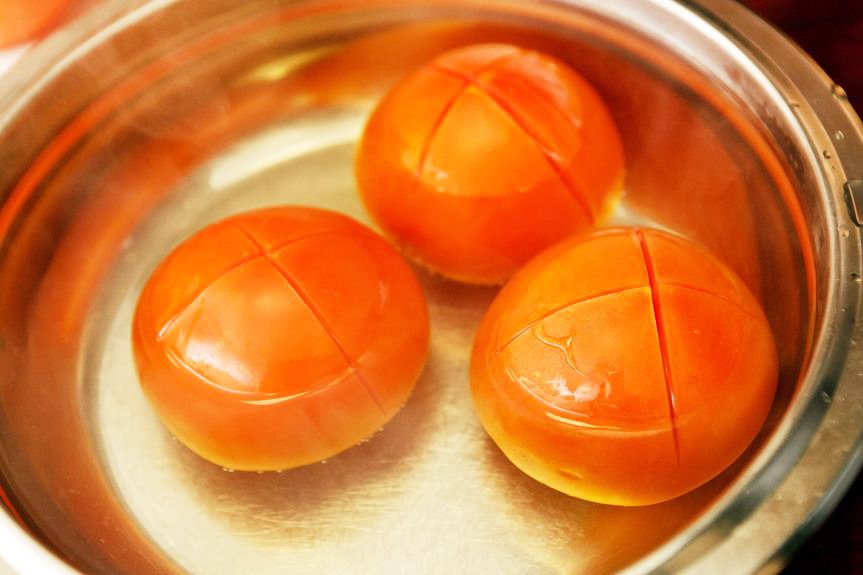
Tomatoes will lose much of their rich, tangy flavor if stored in the refrigerator. Cold temperatures will also change the texture of tomatoes as well as break down certain membranes on the inside. They can ultimately become mealy, mushy, and tasteless. Tomatoes will ripen at a steady rate and maintain their delicious flavor if kept on the counter at room temperature.
Open next page to continue reading about other foods…
Coffee

Coffee needs a dry, cool area to remain as fresh as possible. Refrigerator temperatures are normally too cold. Coffee should also stay in an air tight container to retain a high quality. The National Coffee Association states that coffee beans should be stored at temperature and kept away from heat, moisture, and light.
Open next page to continue reading about other foods…
Chocolate

Lots of individuals put their candy bars and many of other kinds of favorite chocolate within the refrigerator to remain them from melting or getting too soft. The foremost important problem is that the taste could even be altered after being exposed to the cold. what’s called a “sugar bloom” happens after the chocolate is taken out of the refrigerator and exposed to warmer air. This may ultimately cause a grainy coating to form and ruin the texture of the bar.
Open next page to continue reading about other foods…
Flour
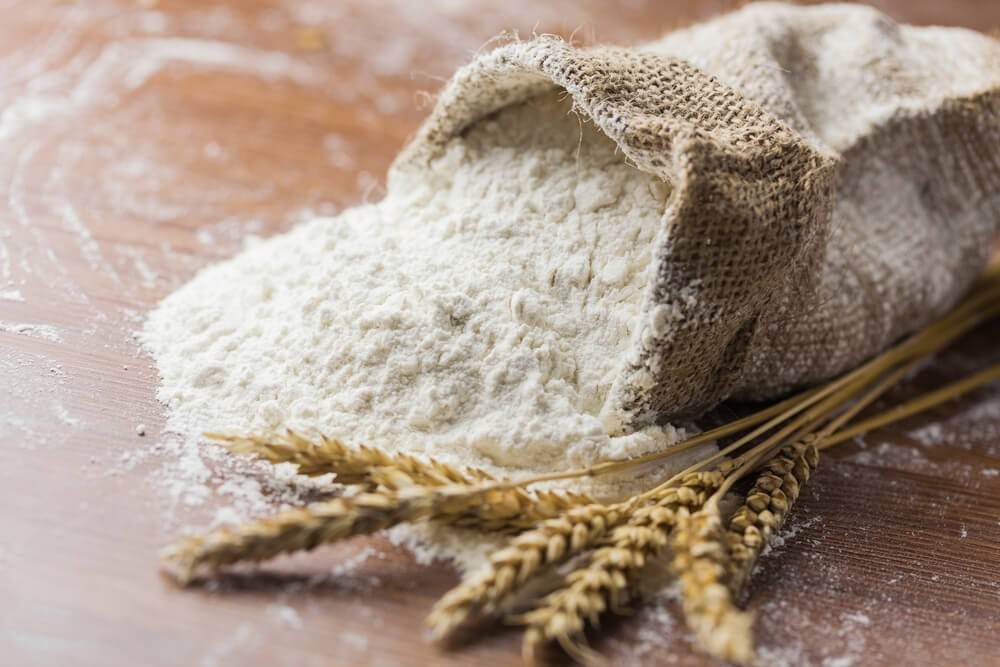
Flour normally won’t be damaged by colder temperatures, it just isn’t necessary to remain it within the refrigerator. But since most people’s refrigerators are packed full, it’s good to know the flour are getting to be fine as long as it’s stored in an air tight container.
Bread
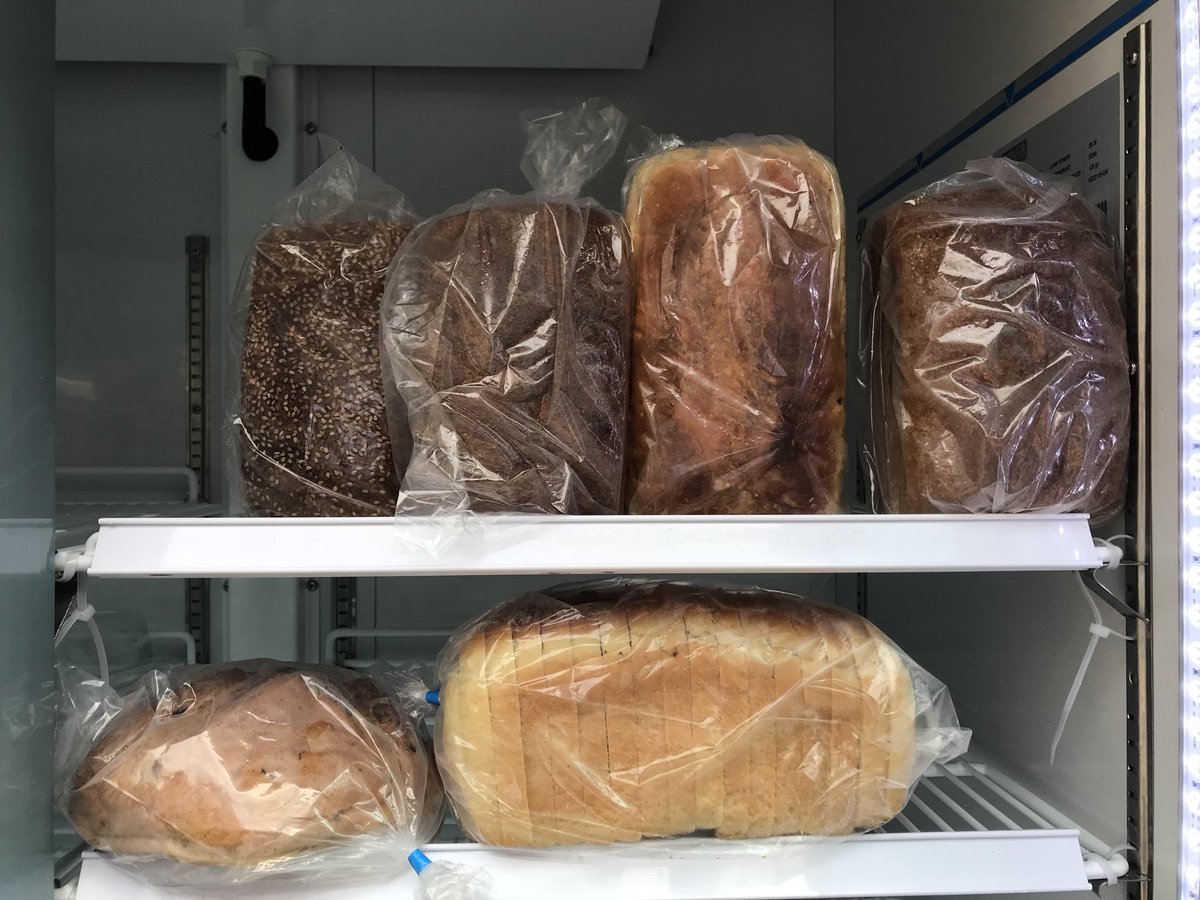
Cold temperatures tend to possess a drying effect on many items. Bread could also be a food which can become dry and rancid if refrigerated. Bread also can be chewy in texture if kept for very long during a chilly environment.
Pears
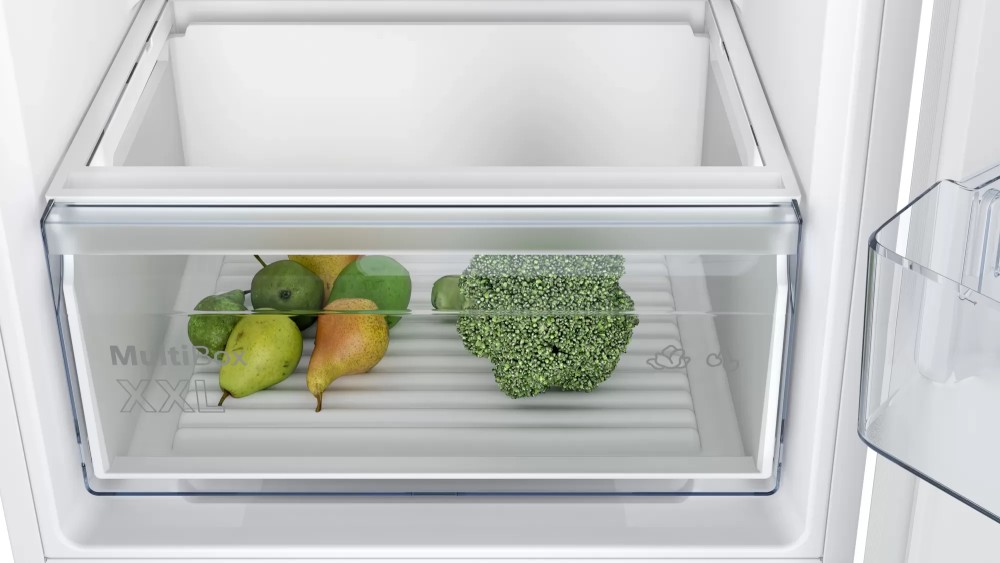
Some people prefer to eat their fruit cold. The colder temperatures, however, will destroy the crisp texture of fruits like pears. Pears may become soft and mushy if left within the refrigerator for very long.
Apples
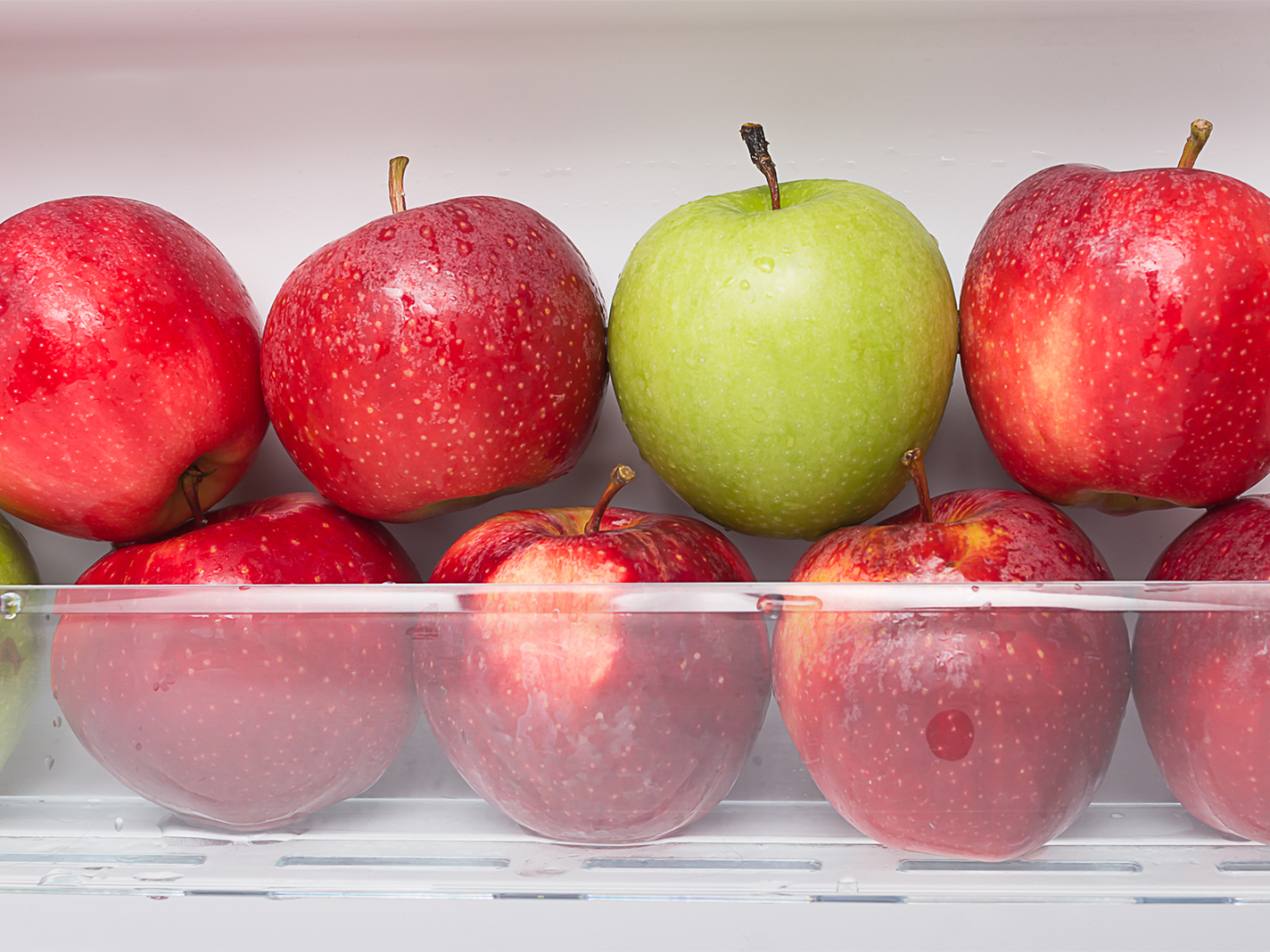
Most kinds of fruits are better when kept out of the refrigerator. Flavor and texture are getting to be better maintained when kept at temperatures that are warmer than refrigeration. Apples will usually last 1 or 2 weeks when kept at temperature.
Watermelon

As long as this fruit hasn’t been cut open it’s best to be stored outside the fridge. Studies done by the U.S. Department of Agriculture (USDA) showed the nutritional value of melons are often adversely affected by colder temperatures. Only melons that are sliced should be refrigerated. people that are sliced, however, should be securely covered.
Pumpkins

Some people might want to remain small and medium sized pumpkins within the refrigerator to preserve them. a cold environment, however, can easily damage pumpkins. they need to be stored during a dry, cool environment, but not at refrigerated temperatures.
Cucumber
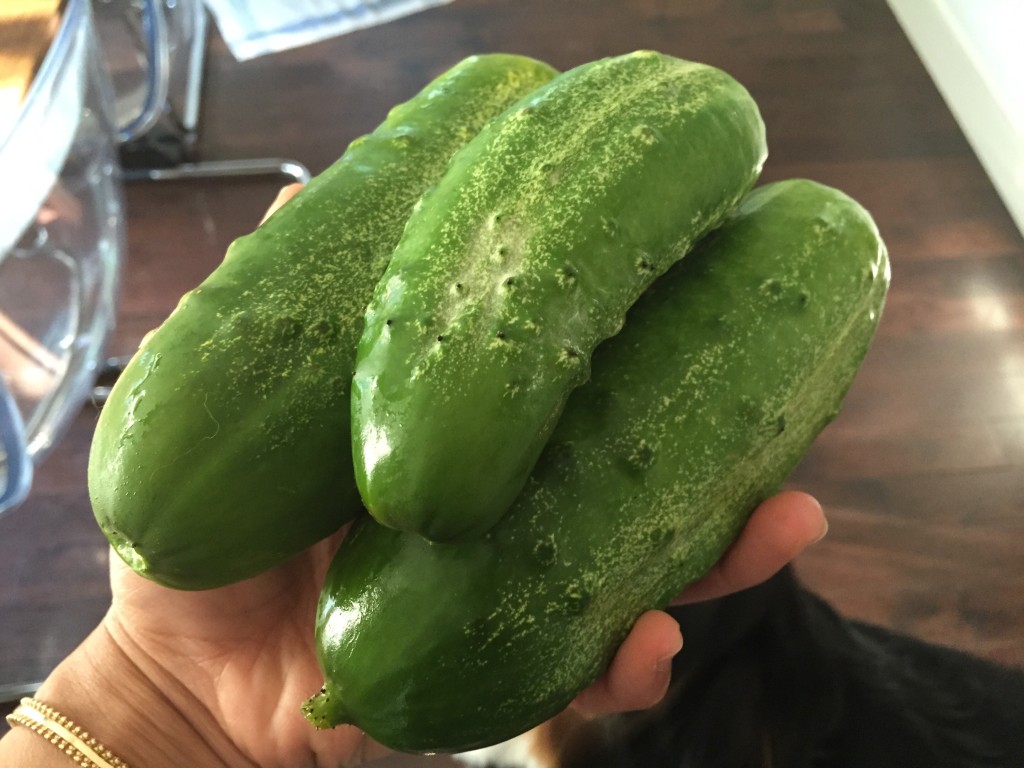
Skin of a cucumber can become damaged when it’s exposed to an excessive amount of cold. The University of Minnesota suggests storing cucumbers during a cool spot within the kitchen, but not the refrigerator. Ideally, cucumbers should be stored at around 55 degrees (12 ℃), cooler than temperature but definitely warmer than the refrigerator. They’ll stay good for a couple of week.
Bananas
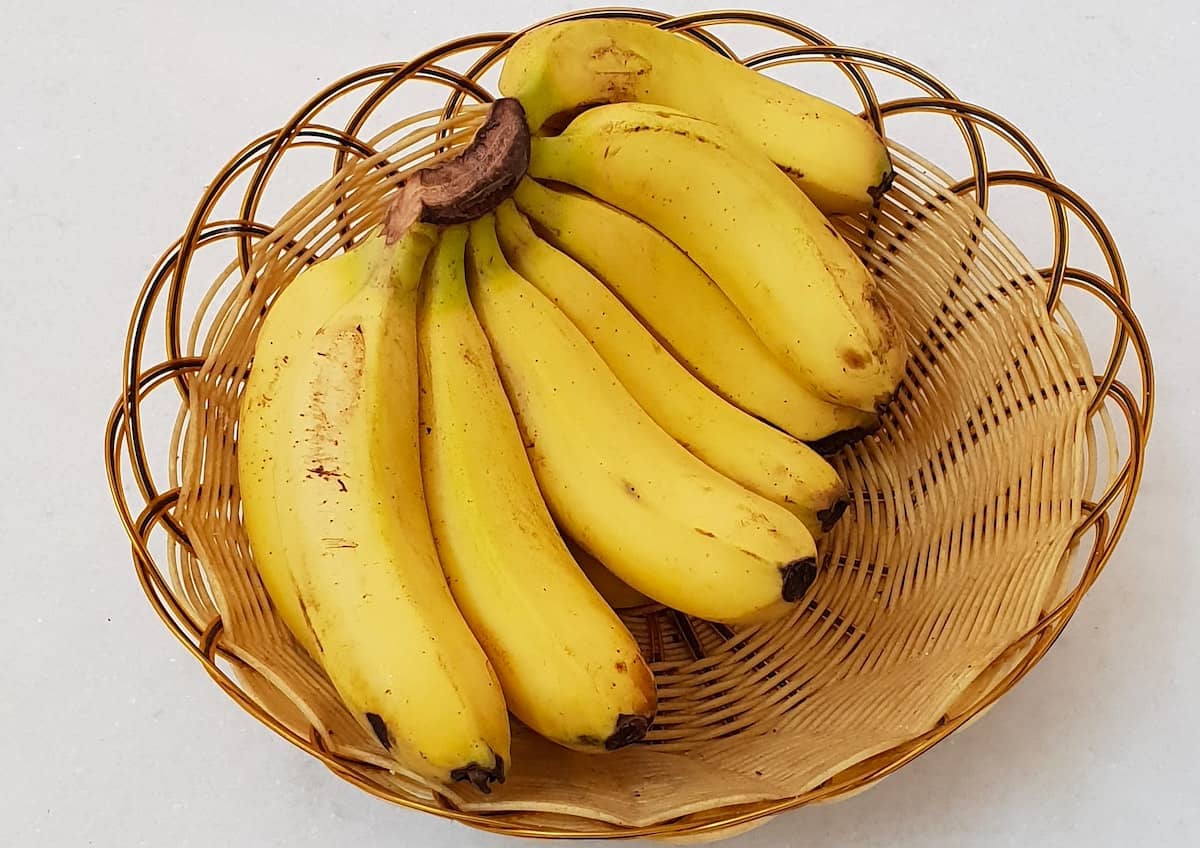
Bananas are grown in hot climates and retain their nutrients better when kept at temperature. Putting them within the refrigerator also will hamper the ripening process that happens naturally. Cell damage may even occur when bananas are kept at colder temperatures.
Mustard
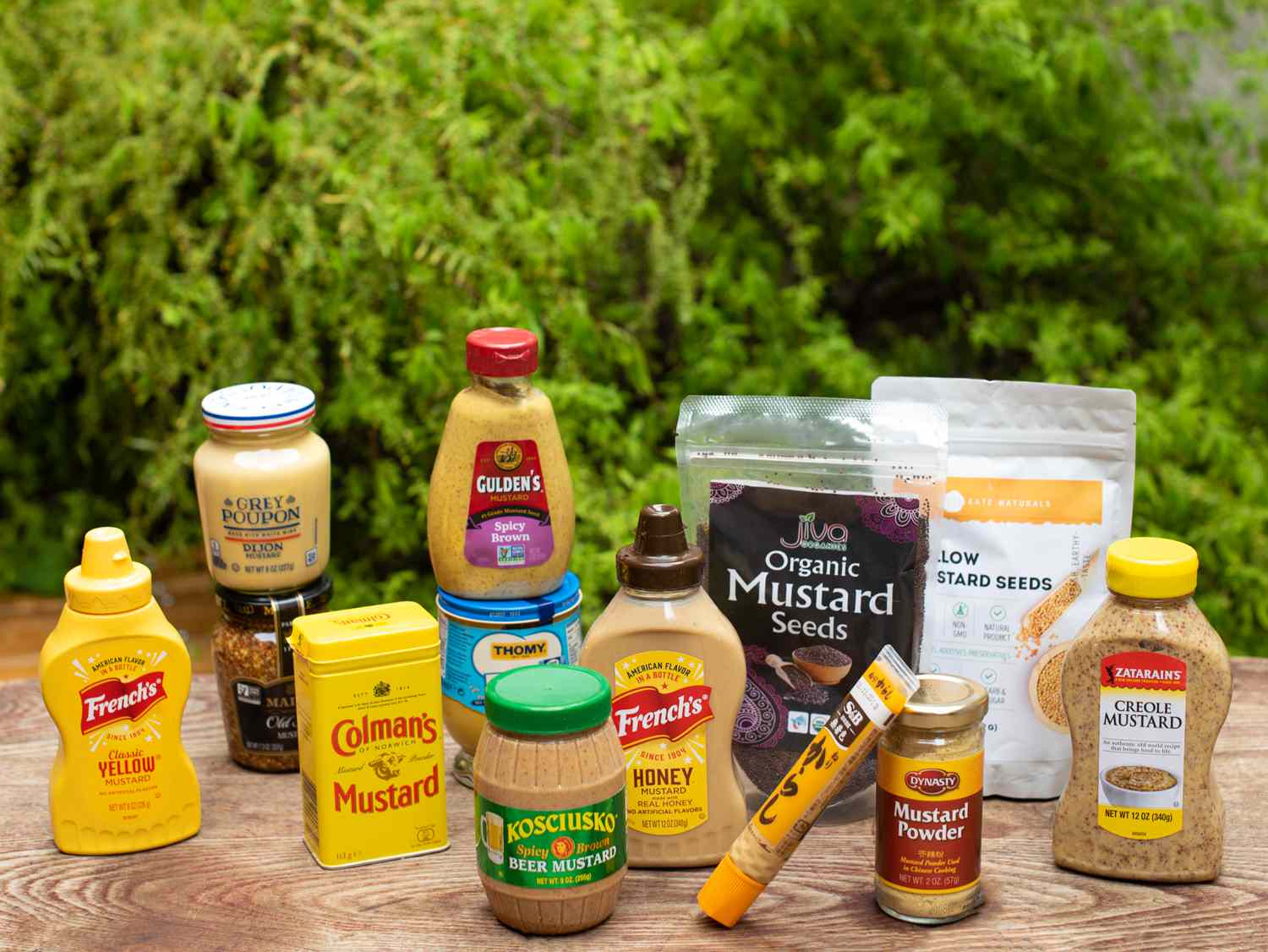
Like ketchup, there are acids in mustard that act as natural preservatives. Mustard will stay good for a couple of month within the cabinet. Whether to refrigerate a bottle of mustard comes right right down to a matter of taste. Do i like cold or temperature mustard on your sandwiches?
Pickles
Most pickles are refrigerated, but really don’t need to be. The way most pickles are made, including the high salt content, makes it unnecessary to remain them at refrigerated temperatures. In fact, pickling is typically used as a food preservation method.
Potatoes

Potatoes taste best when stored during a dry, cool area. they need to also remain unwashed until you’re ready to use them. Refrigerator temperatures will cause the starches to interrupt down, causing the potatoes to taste gritty and even sweet. If the potatoes are refrigerated the skins may darken prematurely during the cooking process.
Oranges
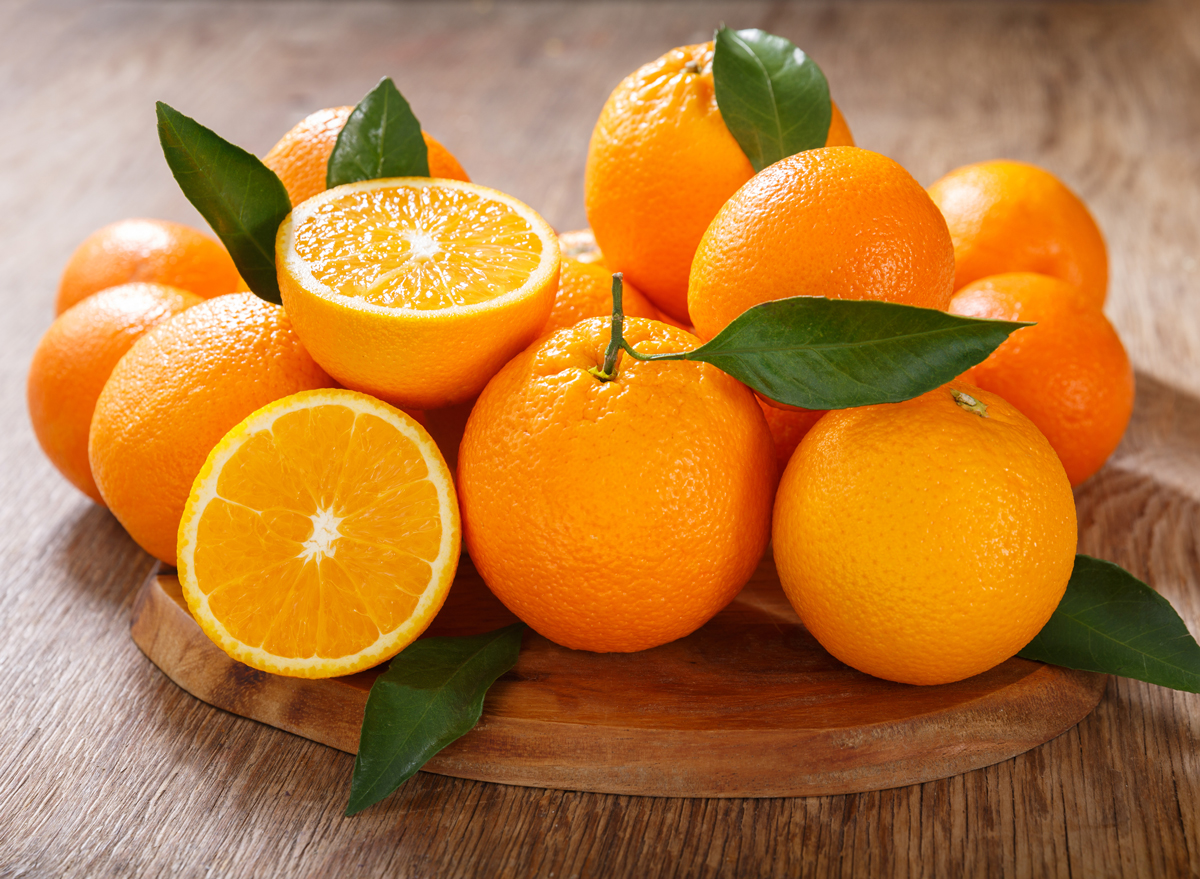
Citrus fruits are high in acidity and should be damaged by temperatures that are too cold. The skin also can become dull and spotted when stored within the fridge. Since oranges have such a thick, tough skin they’re doing well in warmer environments.
Olive Oil
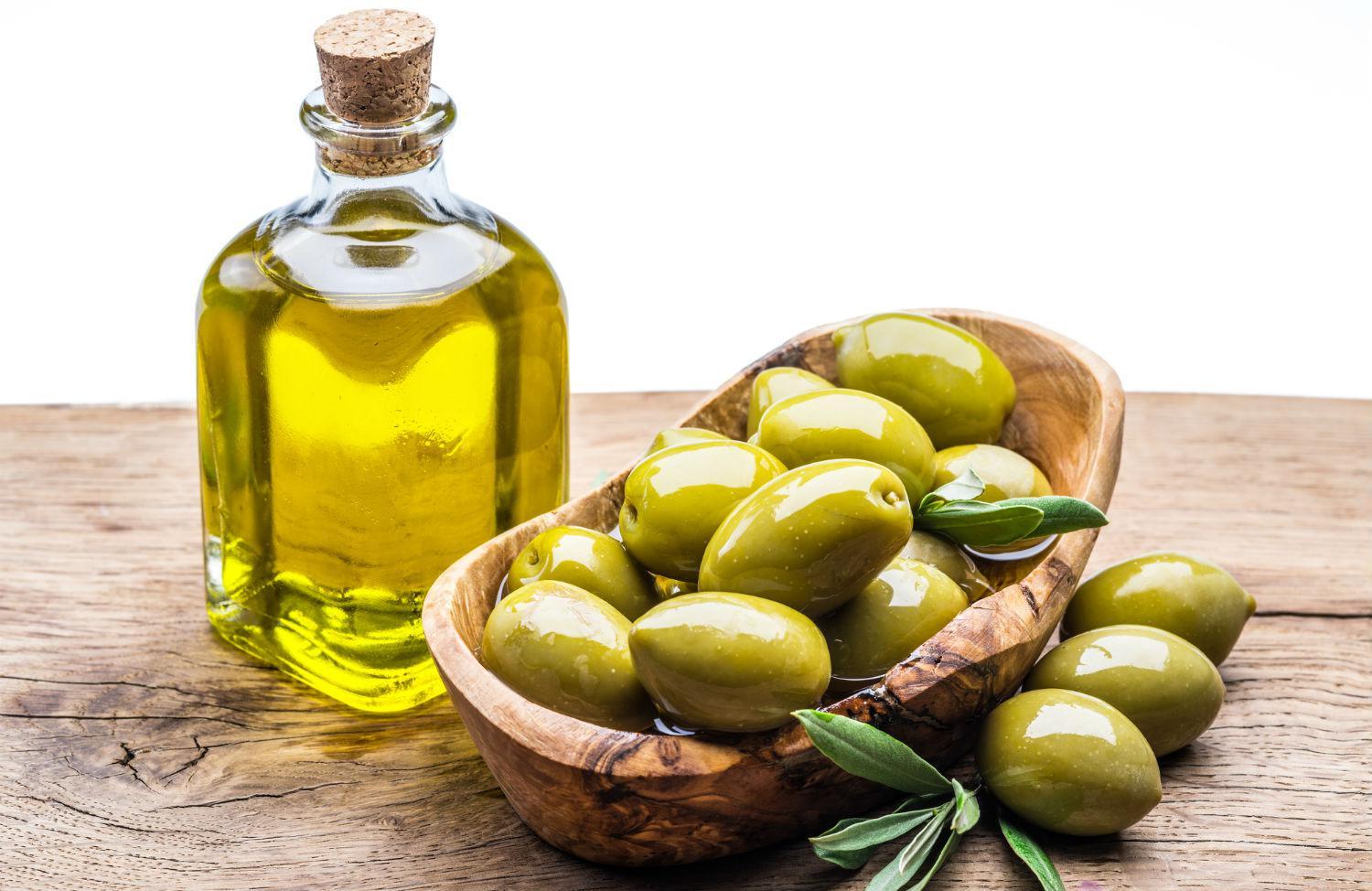
Olive oil should be stored during a dark, cool area, and through a tightly sealed container. Colder temperatures will cause the oil to harden into a texture that’s almost like butter. A study reported by the Journal of Food Science stated that oil may begin to lose its antioxidant benefits, however, if left sitting on a shelf for 6 months or longer.
Ketchup
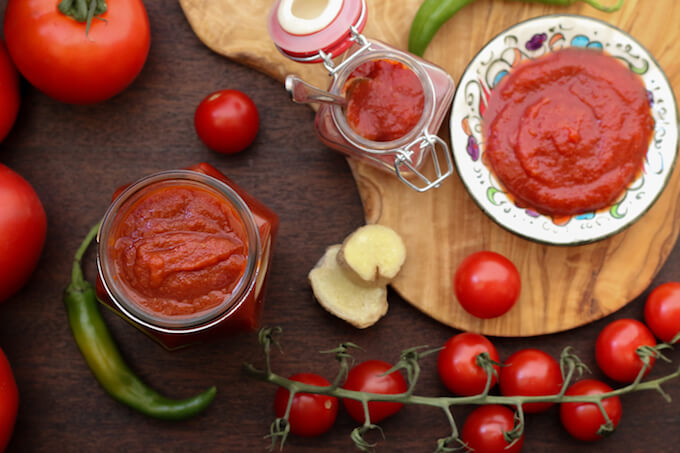
Although most ketchup bottles will instruct you to refrigerate after opening, ketchup generally has enough preservatives to remain it from spoiling without refrigeration. Many restaurants will keep ketchup bottles on the table for extended periods of some time.
Peanut butter
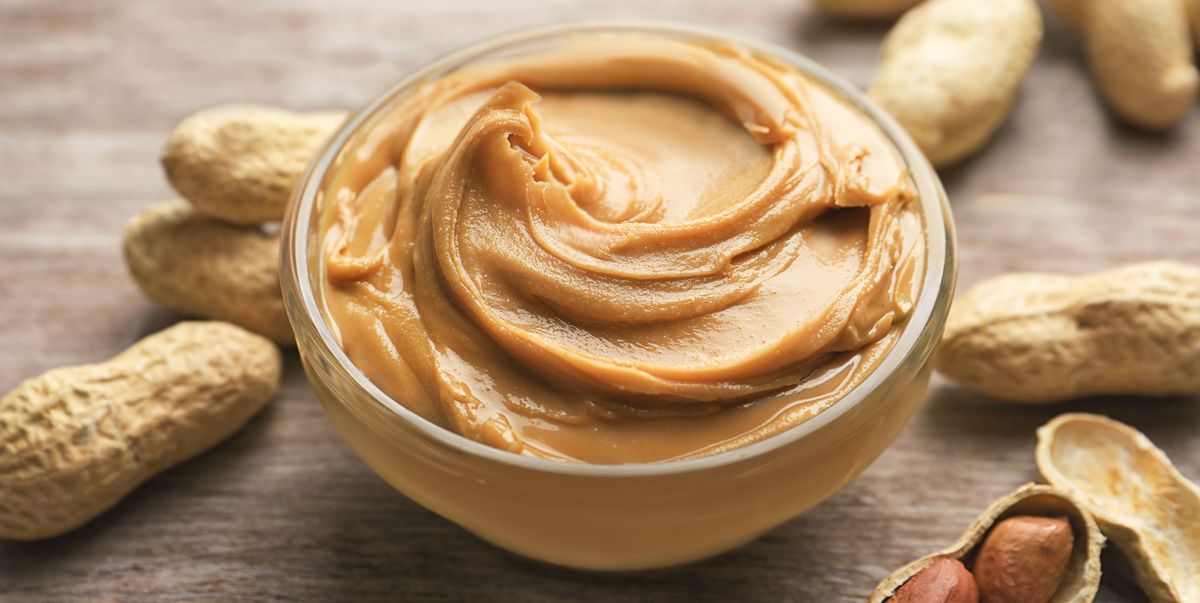
Unlike the jelly or jams that go so well with it, spread should be kept at temperature. It’ll likely get dry and hard if stored inside the fridge. For creamy, spreadable spread it’s advised to remain it during a dark, dry place. The exception is all-natural spread which can separate if not refrigerated.
Honey
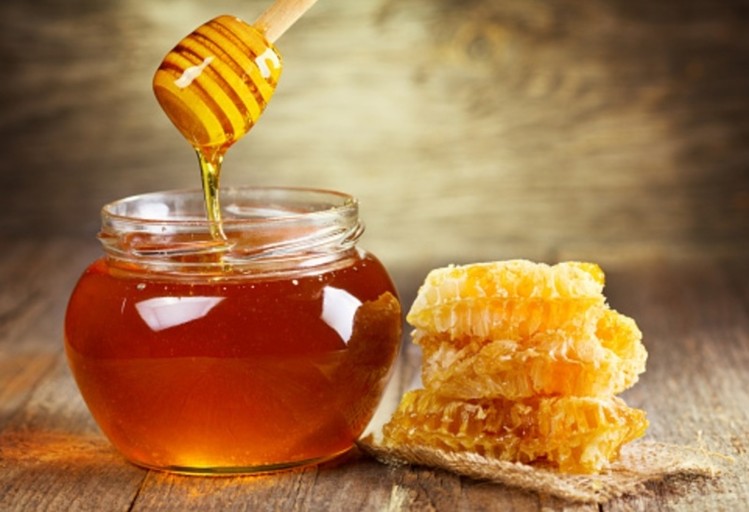
According to the science section of Business Insider, storing honey within the refrigerator can cause it to crystallize. it’ll also get extremely thick and difficult to pour or spoon out. Honey could also be a food that has the facility to naturally preserve itself and should stay good at temperature for an indefinite amount of some time.
Sealed Tuna
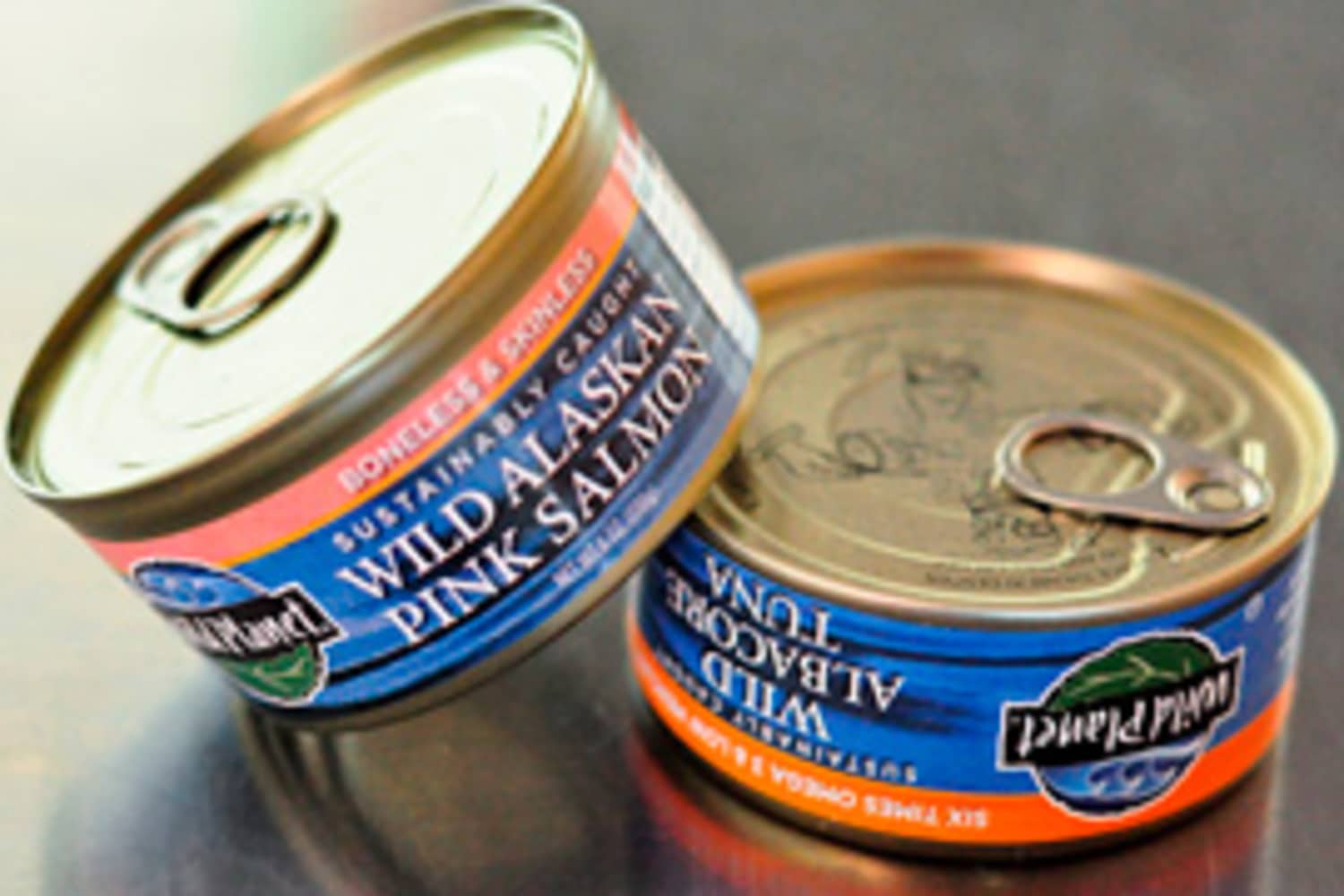
That can of tuna that’s still unopened are going to be safe kept within the cupboard. many of us actually believe tuna tastes better right out of the can if it’s been stored at temperature.
Garlic
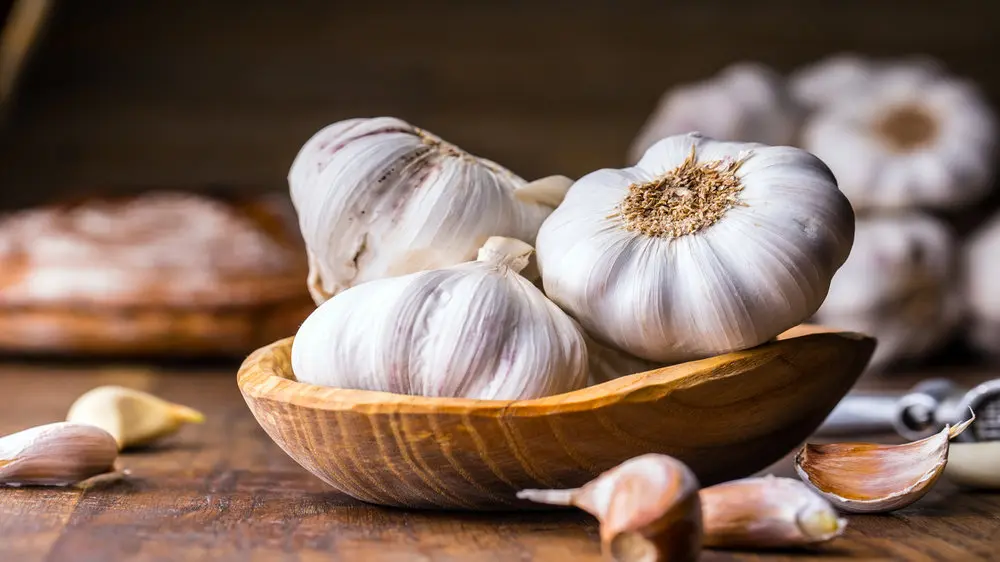
Garlic could also be a food that definitely should not be refrigerated. Garlic can become rubbery and grow mold within the fridge. it’s getting to even begin to sprout. Garlic is another food item that benefits from circulated air. they go to remain good for over a month during an open area on the counter during a basket.
Onions
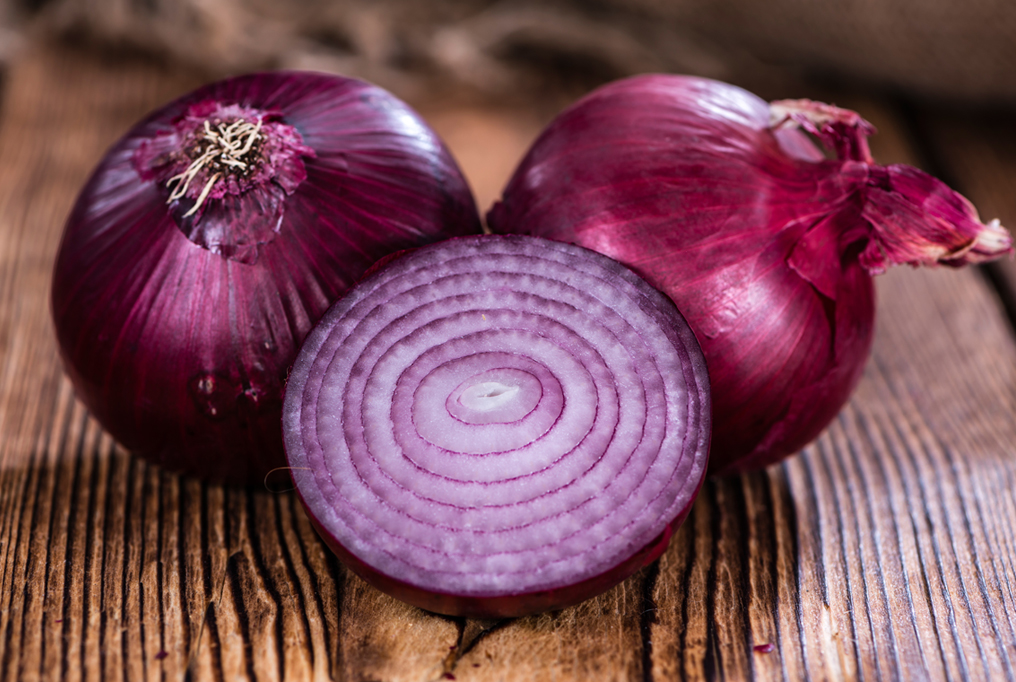
Onions will often turn soft, and even moldy, when kept within the refrigerator. They last longest when kept out on the counter. Onions do need some air circulation and should be kept within the mesh bag they’re often purchased in.



Comments